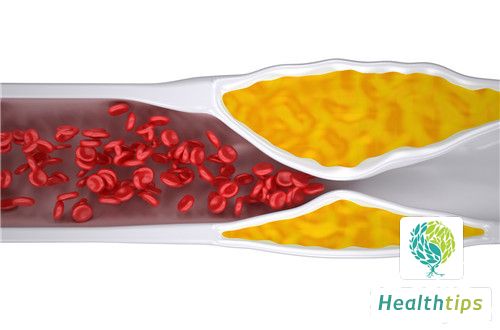Serum lipase levels that are abnormally high should have the causes identified for proper treatment and therapy. Elevated serum lipase levels may be caused by pancreatitis or cancer. If pancreatitis is the cause, medication is generally required. If cancer such as pancreatic cancer, breast cancer, or liver cancer is the cause, surgical methods are generally needed first to control the progression of the disease, followed by radiation and chemotherapy.

What should be done for high serum lipase levels? 1. Detection of serum lipase is generally correlated with pancreatitis in patients. Patients with elevated amylase levels often have elevated lipase levels as well, suggesting pancreatitis. At this point, the patient needs to further undergo an abdominal ultrasound or enhanced abdominal CT to check for fluid leakage around the pancreas and edema of the pancreas. 2. If the above conditions are present along with nausea and vomiting, and the patient's abdominal pain does not improve after vomiting, the diagnosis is often acute pancreatitis with edema. For such cases, the patient needs to actively abstain from food and water, and if necessary, a gastric tube should be placed for gastrointestinal decompression. Intravenous fluids and electrolytes should be replenished, and octreotide or other drugs should be administered intravenously to inhibit pancreatic enzyme secretion. 3. After the above treatment, the patient's pancreatitis usually improves or resolves within 7-10 days. During the recovery period, which lasts about a month, the patient should eat small meals frequently and avoid fatty foods and high-protein diets to prevent the possibility of pancreatitis and cholecystitis.
What causes high serum lipase levels? High serum lipase levels are considered to be caused by the following reasons: 1. Acute pancreatitis, which requires fasting and water restriction when the condition is severe, gastrointestinal decompression, and administration of drugs that inhibit pancreatic secretion and gastric acid secretion. 2. Pancreatic juice obstruction and excretion difficulties, which require relevant tests and surgical treatment. 3. Cholangitis can lead to elevated serum lipase levels. 4. Pancreatic damage can lead to elevated serum lipase levels.

